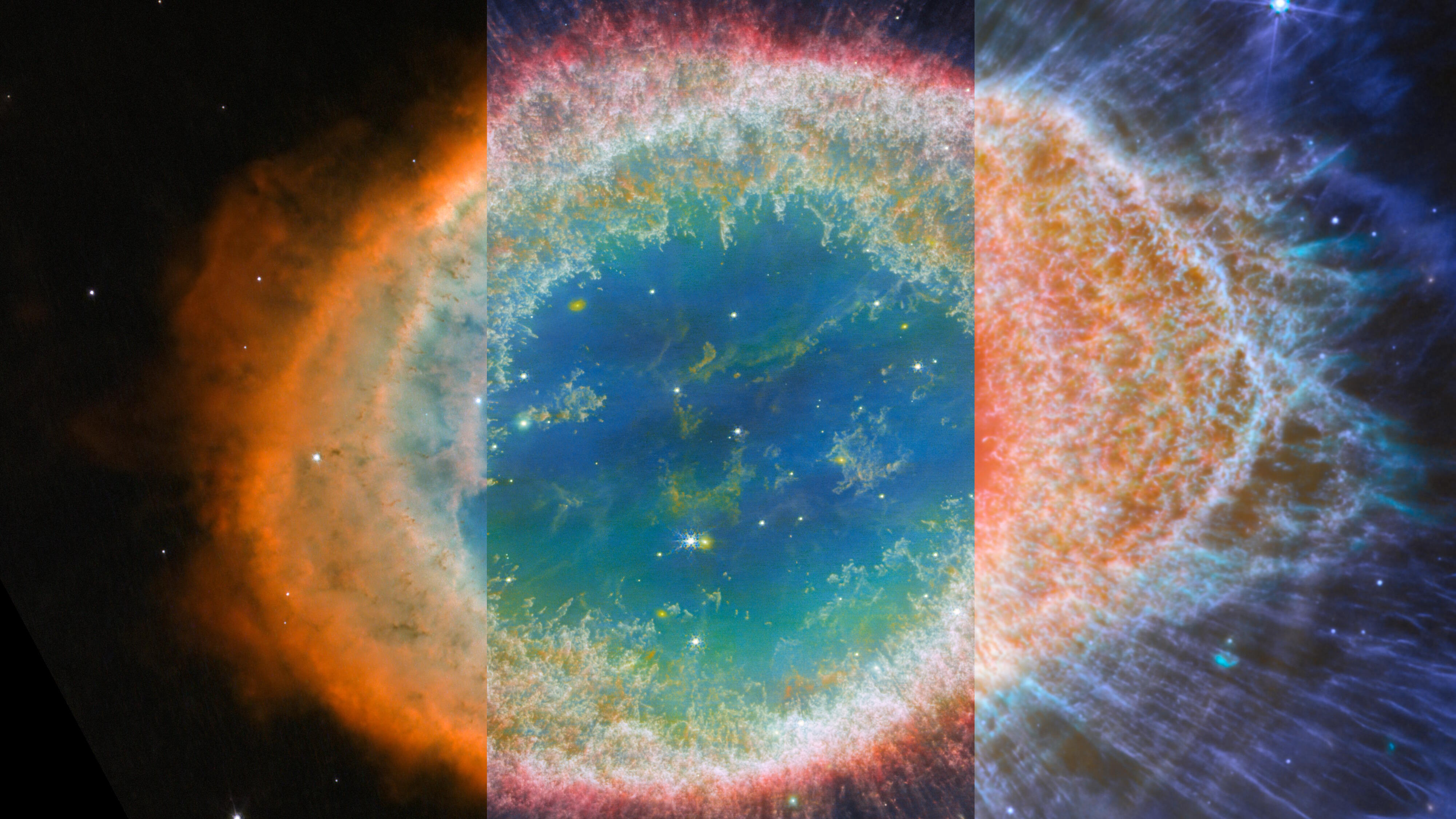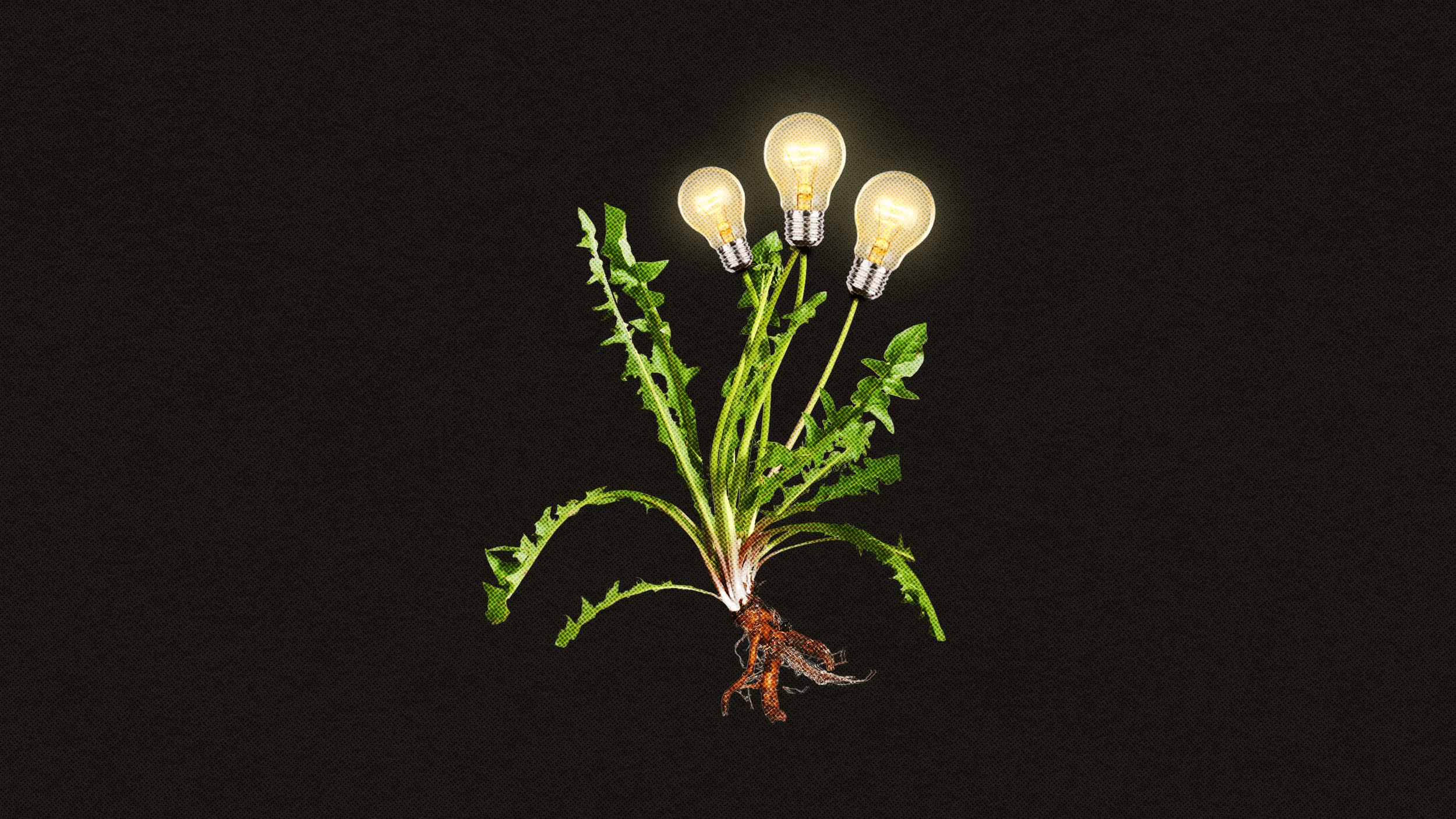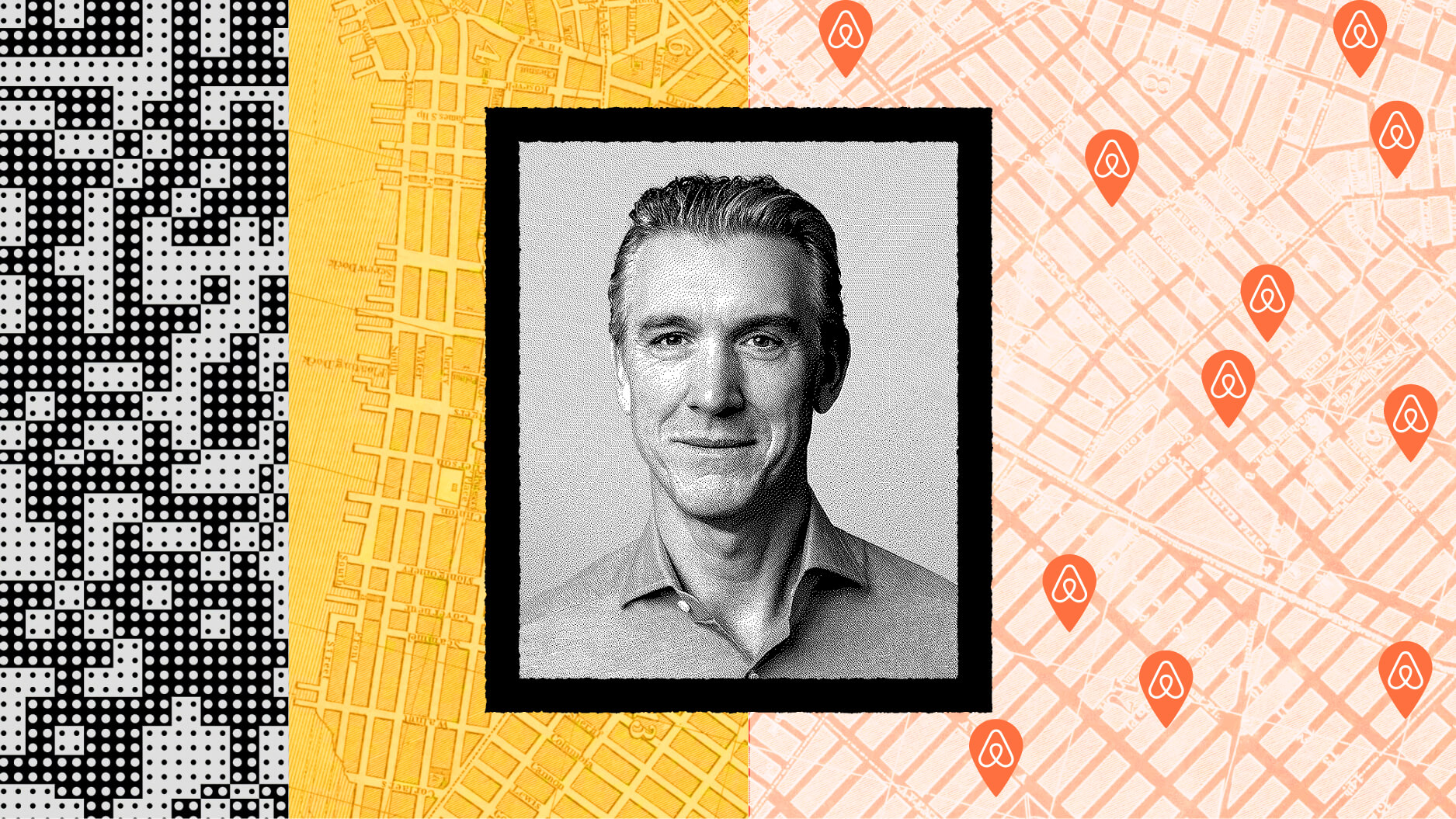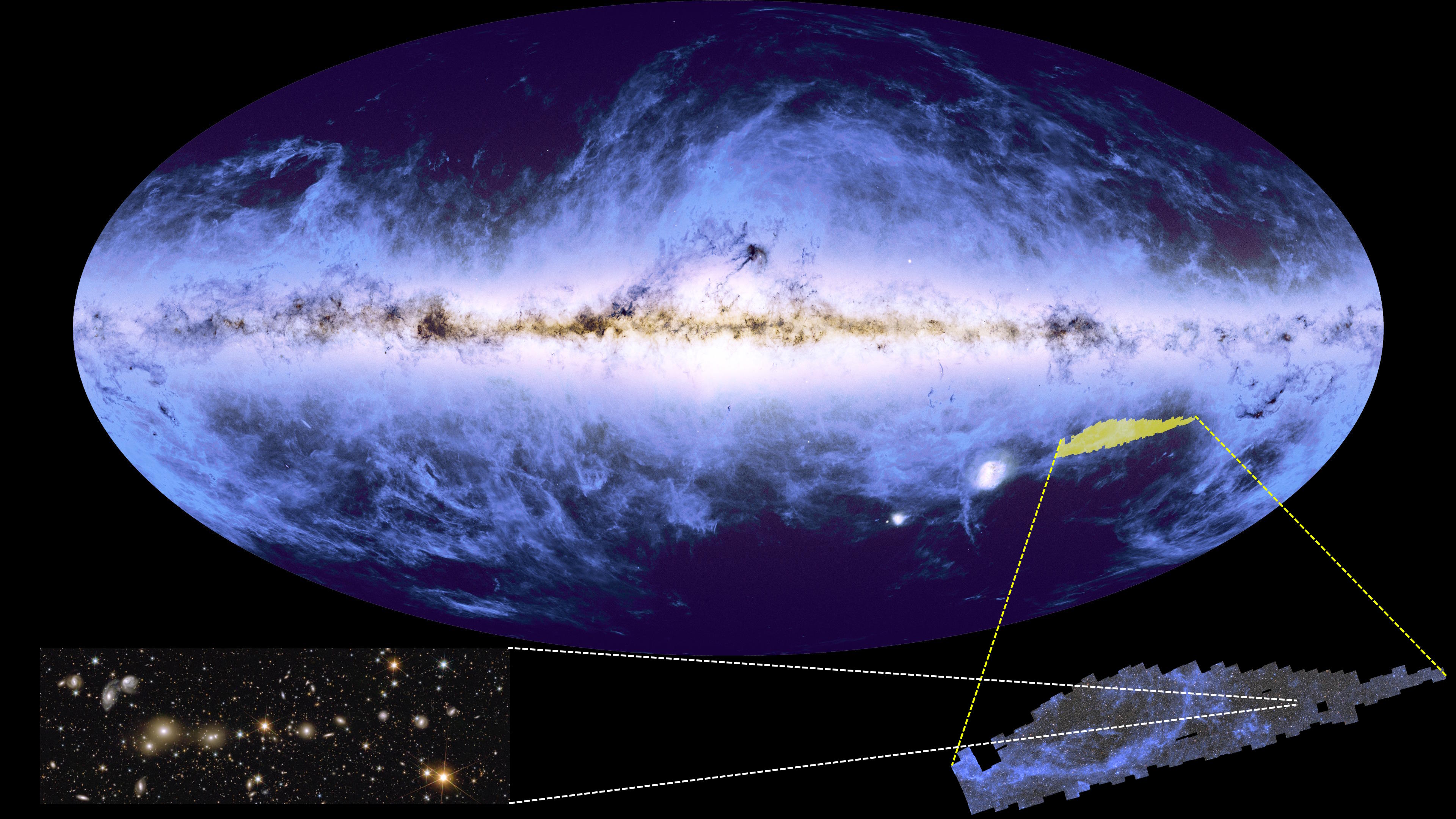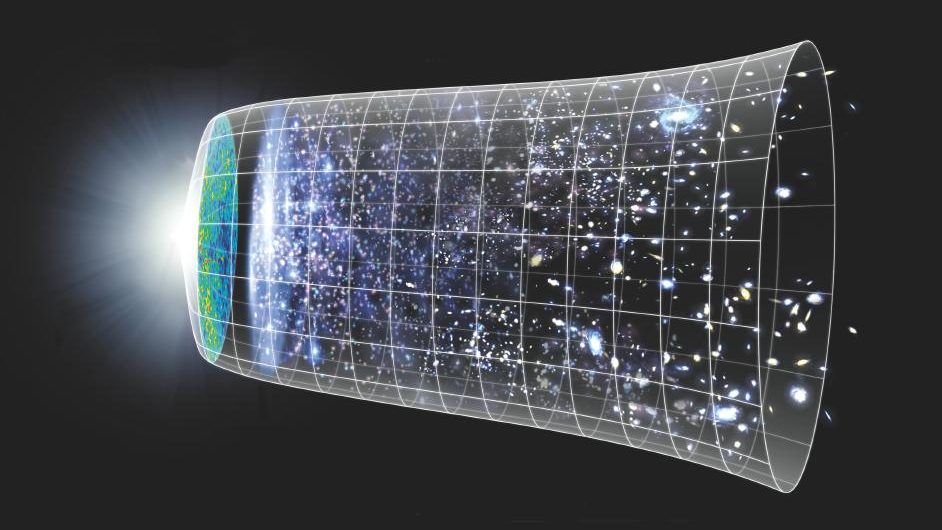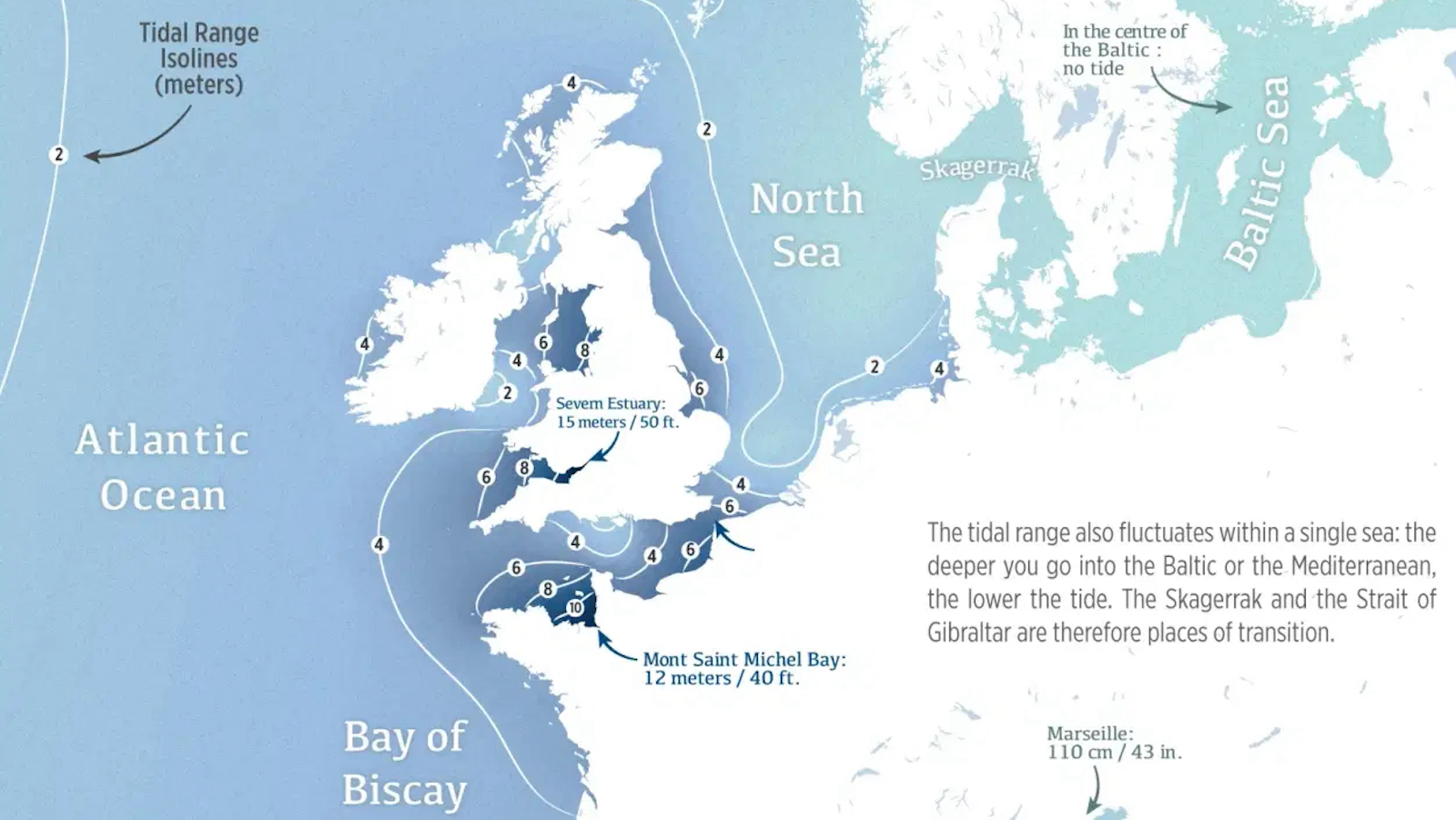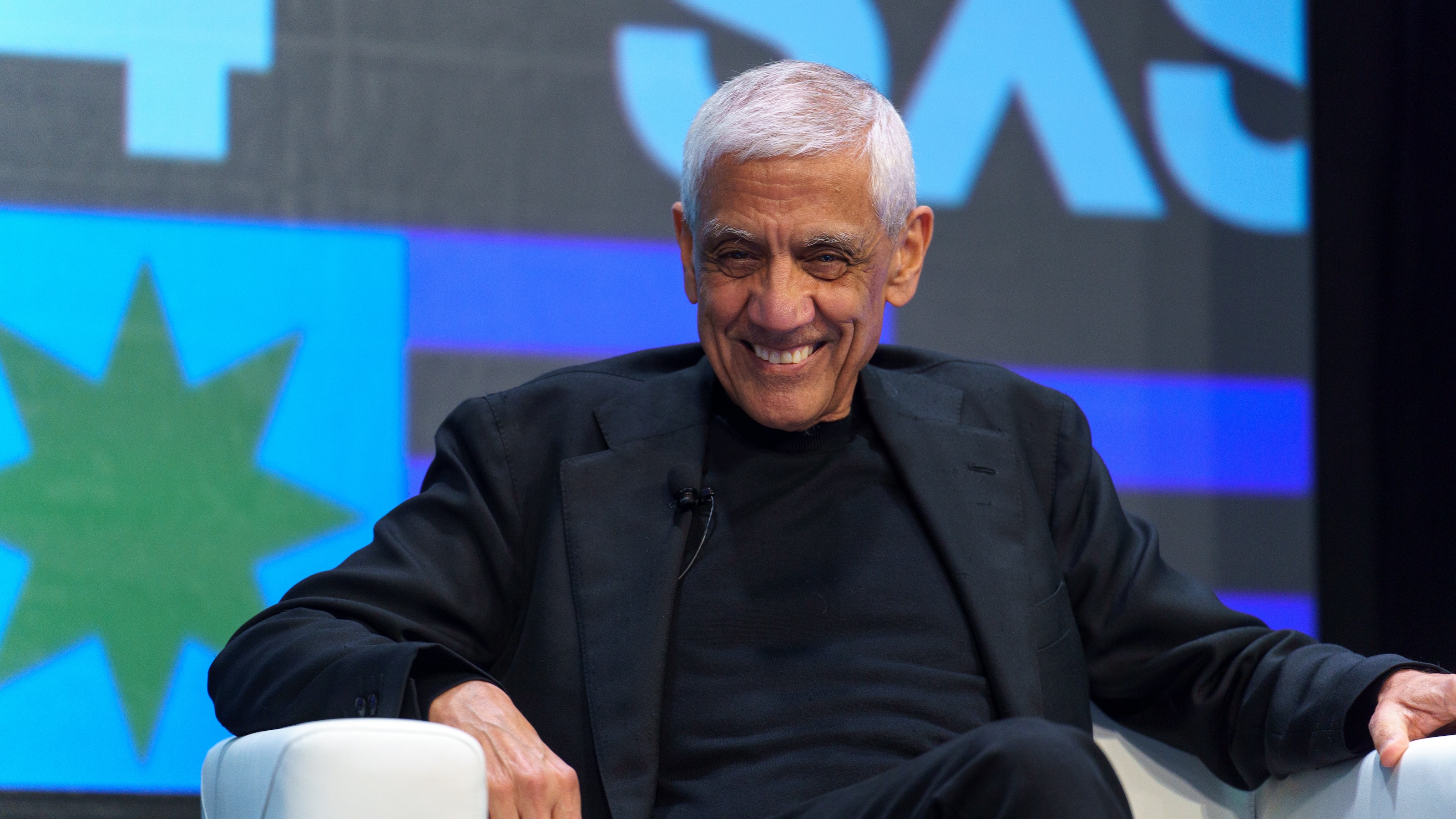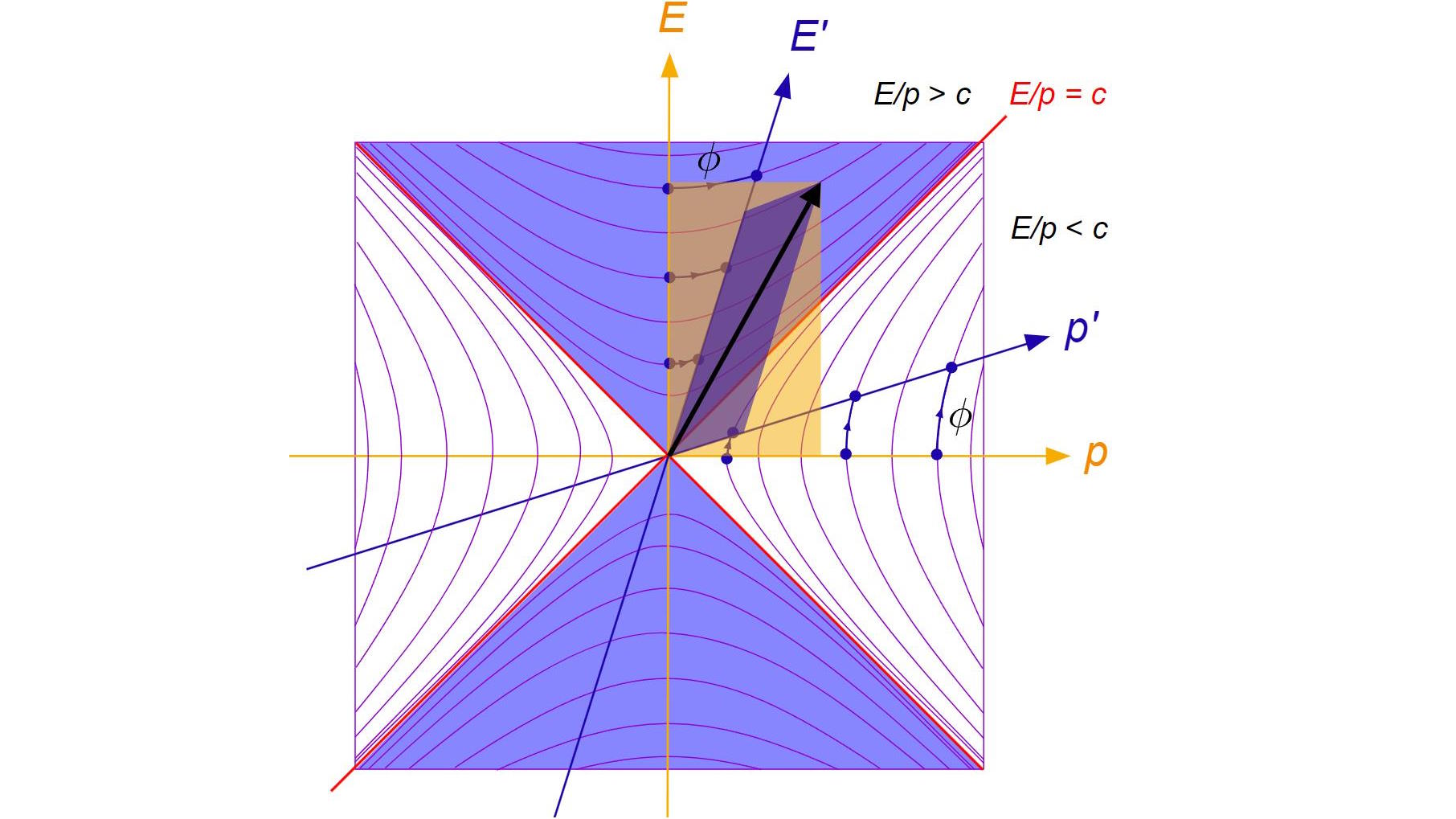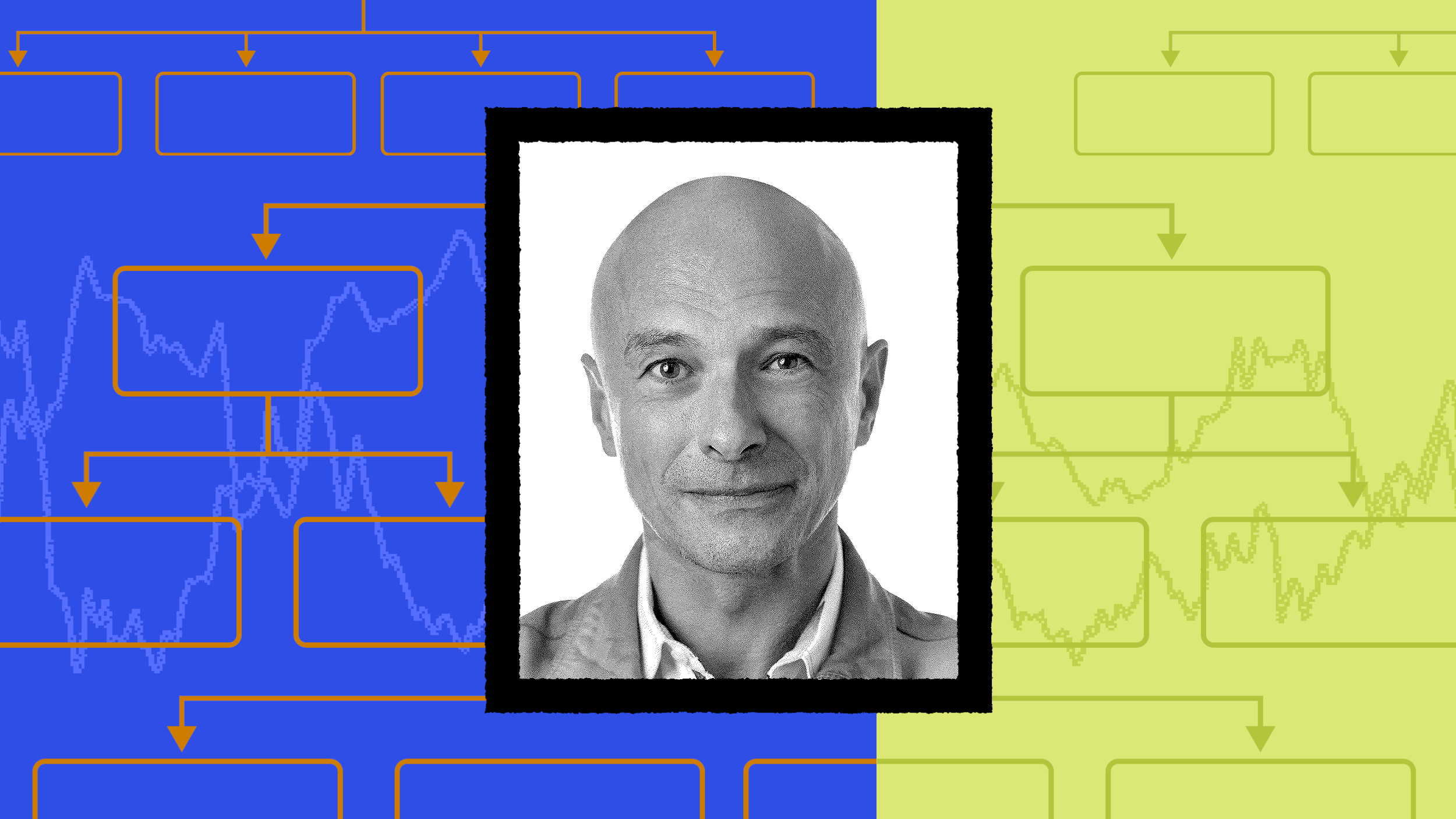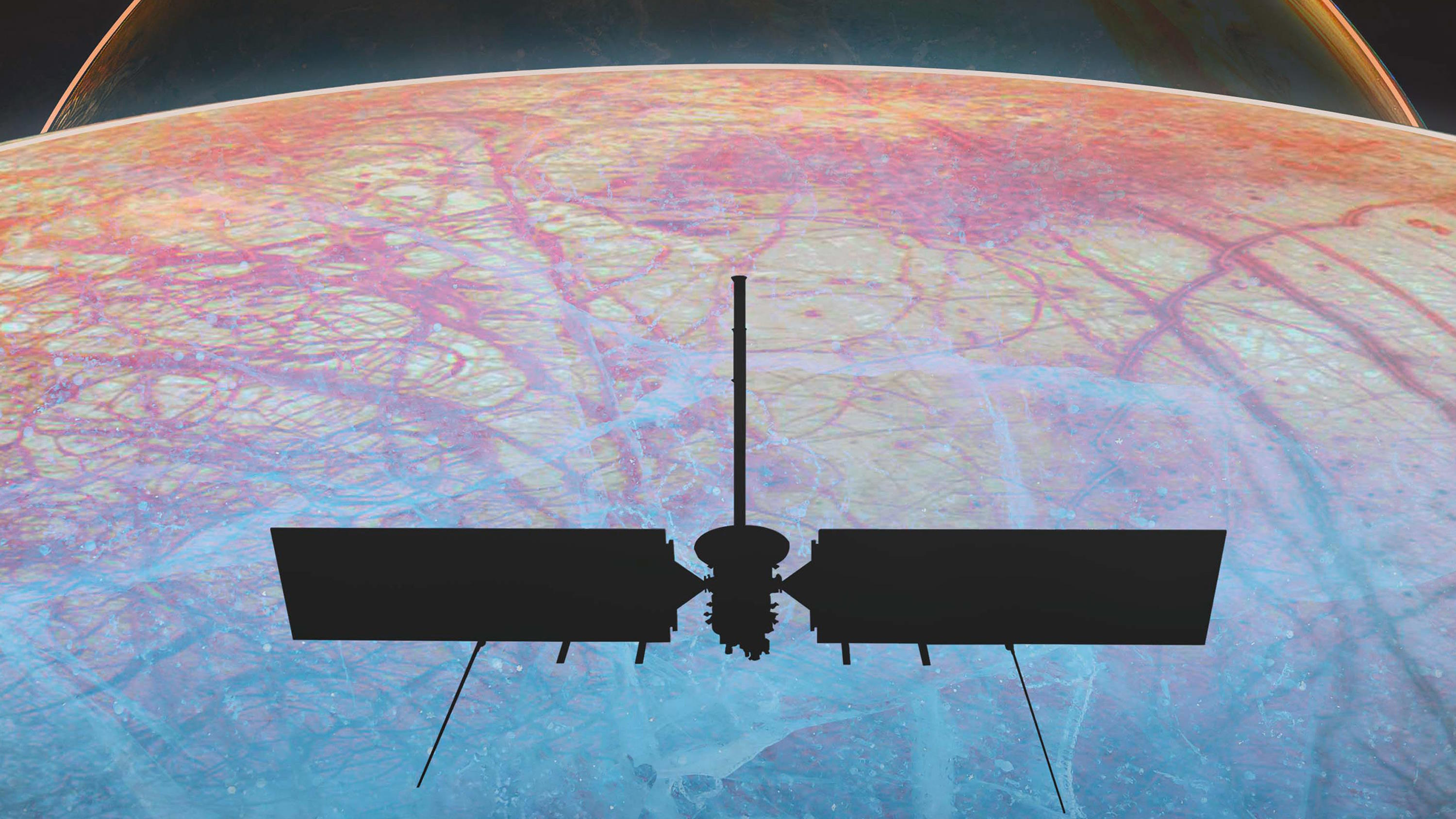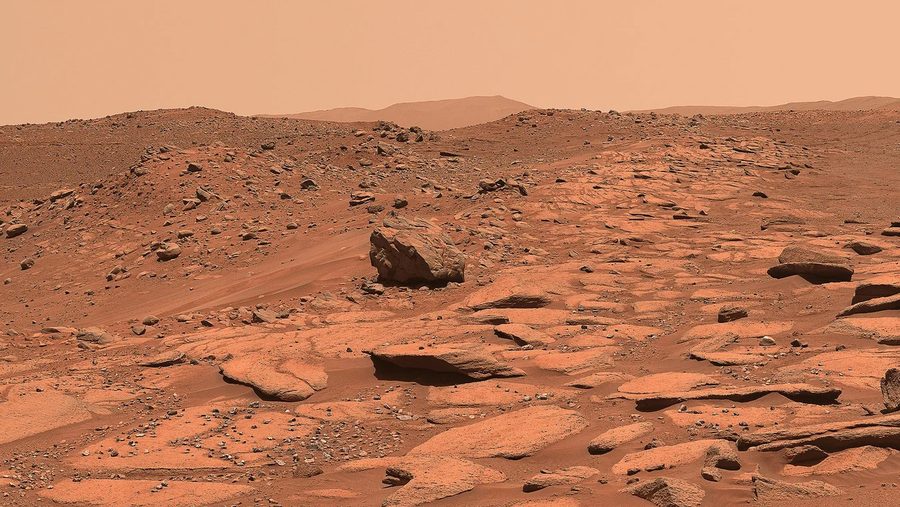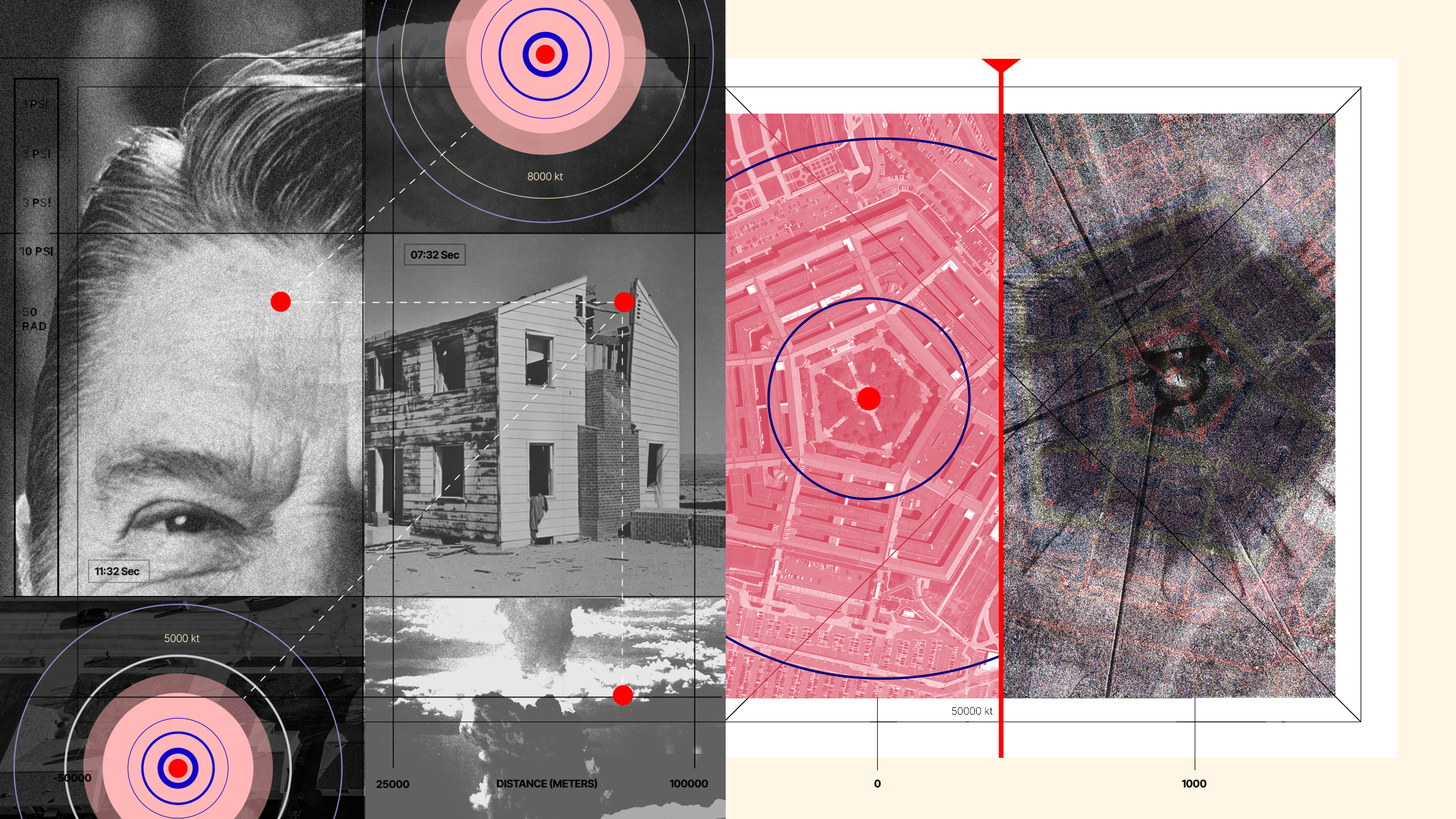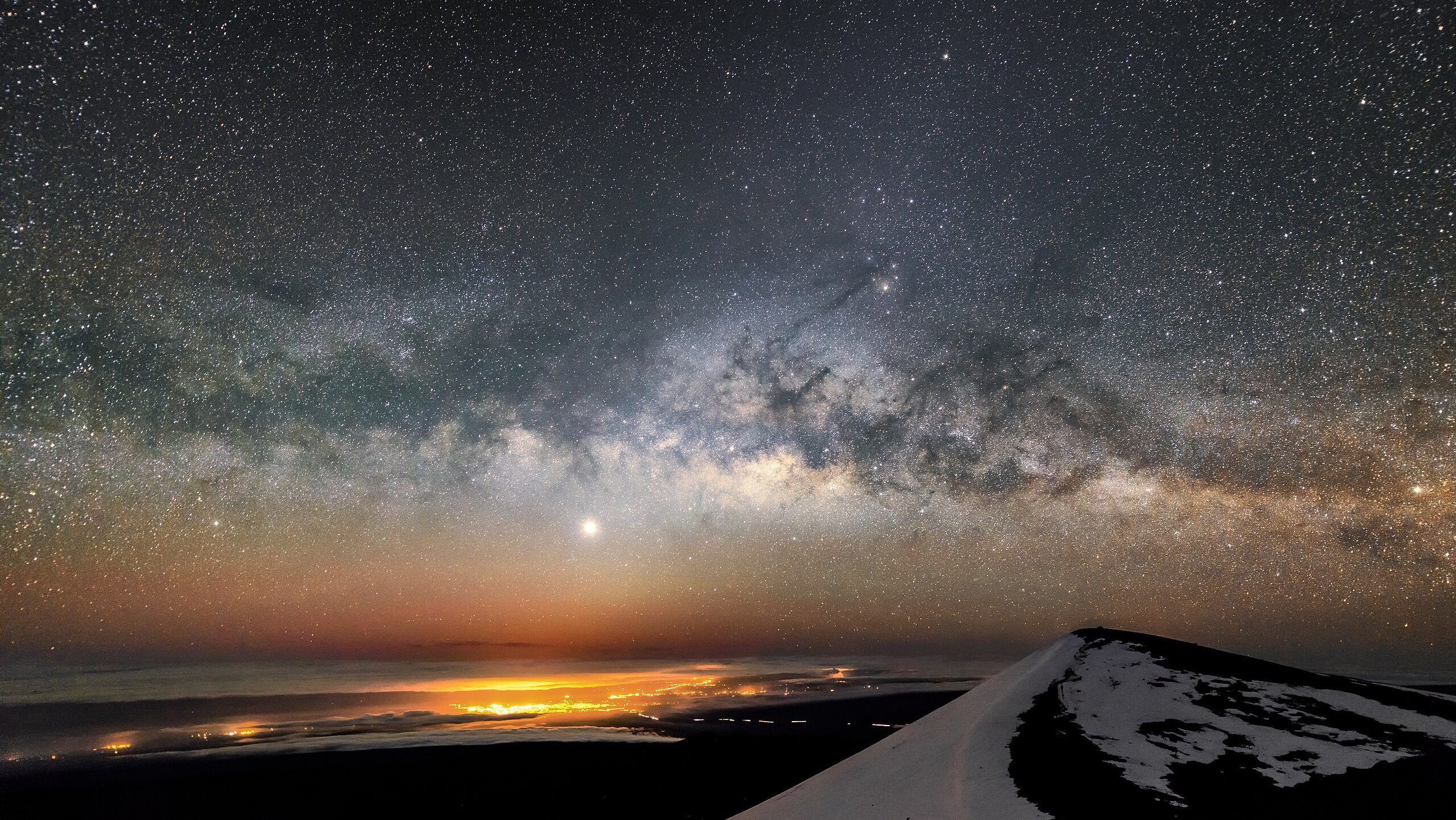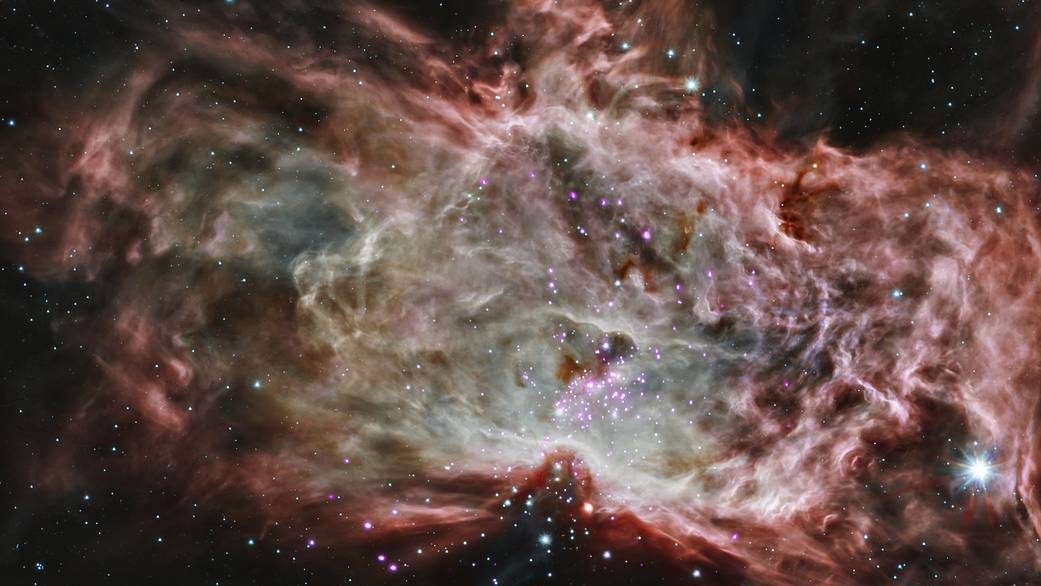More than two years after JWST began science operations, our Universe now looks very different. Here are its biggest science contributions.
All Articles
Studying why innovation clusters form can shed light on how to better promote research and growth.
Airbnb’s CBO, Dave Stephenson, joins Big Think for a chat about elite-team leadership, “founder mode,” the Taylor Swift effect, and more.
What are dark matter and dark energy? The large-scale structure of the cosmos encodes them both, with ESA’s Euclid mission leading the way.
“The promise of the Human Genome Project has finally arrived.”
The secret sauce is the real world.
Differences in certain avian and mammalian proteins explain why avian influenza doesn’t (typically) infect humans.
Would you be upset if I called you an eggplant?
Don’t make the mistake of blindly following quantitative metrics — whether you’re helping clients or looking for lunch.
The most common visual depictions of the history of the Universe show the Big Bang as a growing tube with an “ignition” point. Why is that?
Great tidal ranges are relatively rare on a global scale — and can be very deadly to the unsuspecting foreshore walker.
Welcome to The Nightcrawler — a weekly newsletter from Eric Markowitz covering tech, innovation, and long-term thinking.
The fabric of spacetime is four-dimensional, with three for space and only one for time. But wow, time sure is different from space!
“Amid the chaos, he remembered his life being eerily calm as he knew it wasn’t if, but when they would be hacked to pieces. He just kept kicking.”
Semyon Dukach — founding partner of VC firm One Way Ventures — adds balance to the founder mode debate.
Could life be widespread throughout the cosmos, in the subsurface oceans of ice-covered worlds? NASA’s Europa Clipper mission investigates.
Caption:“At this time in Mars’ history, we think CO2 is everywhere, in every nook and cranny, and water percolating through the rocks is full of CO2 too,” Joshua Murray says.
“The primary way that people make friends is through institutions.”
An in-depth interview with astronomer Kelsey Johnson, whose new book, Into the Unknown, explores what remains unknown about the Universe.
“We are not our grandparents. It’s time to start thinking differently,” journalist Annie Jacobsen told Big Think.
College degree? Not so much. Employers want teams with a diverse skill set who can adapt to changing industry demands.
There are a number of factors to consider when choosing where to build a telescope. These 3 locations, on their merits, surpass all others.
Man seeking meaningful relationship at the intersection of on-demand empathy and Rule 34.
Plenty of parents feel guilty about wanting to skip playtime, but there’s no need.
The US needs 28 million EV chargers by 2030. Here’s how it can get there.
People often say, “Let go,” or, “Don’t take things to heart.” But where’s the line with this philosophy?
The Universe changes remarkably over time, with some entities surviving and others simply decaying away. Is this cosmic evolution at work?
The electoral reform also known as instant-runoff voting promises bridge-building and broad appeal instead of culture war and gridlock.
Modern autocracies operate “not like a bloc but rather like an agglomeration of companies,” says journalist and historian Anne Applebaum.
Welcome to The Nightcrawler — a weekly newsletter from Eric Markowitz covering tech, innovation, and long-term thinking.
